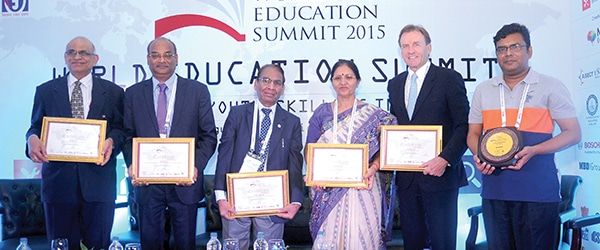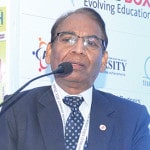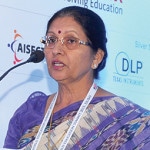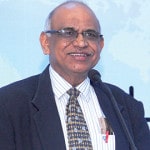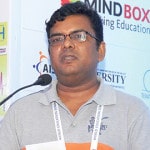
President, University of Ottawa
International Education
The session on International Education Initiatives: Learning and Collaborative Opportunities laid focus on the views of experts from across the shore on the various global education initiatives. It highlighted the need for going beyond the Indian soil and exploring varied new opportunities in international education
 PROF ALLAN ROCK, President, University of Ottawa
PROF ALLAN ROCK, President, University of Ottawa
India and Canada have similar issues in the higher education domain including ensuring access, quality, establishing effective relationship with countries, maintaining academic independence and of course skills gap
POINTS TO PONDER:
- Need to create strong hold in international studies
- Mixed faculty reaps in cultural and educational advantages
- MHRD to bring 1,000 foreign professors under the GIAN project
- Higher education challenges in India similar to those in Canada
- Ensuring access, quality, establishing effective relationship with countries, maintaining academic independence and skills gap
- Enrolment has grown six times in 30 years but faculty strength has grown only four times
- Globalisation has transformed the job markets and the careers







